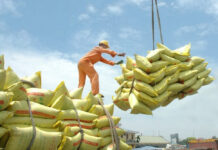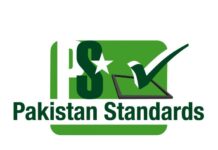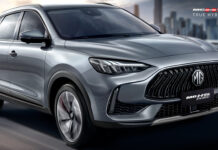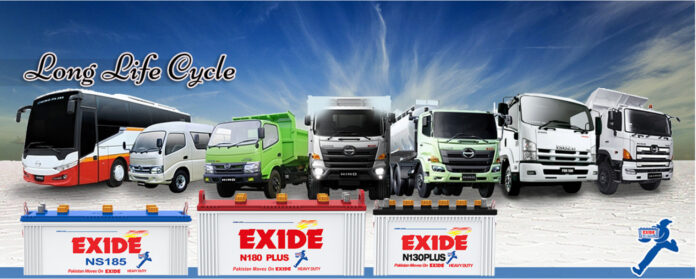At first glance, it seems improbable. Exide Pakistan, a company that sells car batteries, should be doing a lot more poorly. After all, car sales suffered in 2020, as the Covid-19 pandemic battered Pakistan’s economy and industries, along with other world economies.
And yet, take a look at its most recent figures, in a notice issued to the Pakistan Stock Exchange on November 28, in the consolidated half-year financials ending September 30, Exide fared fine. Sure, the company made a loss in the six-month period ending September 2020, at Rs228 million. But that is actually less than the loss made in the comparable period last year, which stood at Rs261 million.
In fact, net sales also stayed in the same ballpark. In the six-month period ending September 2019, the company recorded net sales of Rs4,890 million; in the same period this year, the company recorded net sales of Rs4,798 million.
The picture gets even rosier if one just looks at the last three month period: July, August, September. To recall, this is just after the peak of Pakistan’s first wave of Covid-19 (June 14, to be exact). Net sales actually stood higher, at Rs3,065 million in the three-month period ending September 2020, compared to the Rs2,210 million recorded in the same period last year. And that is why, net loss in that three-month period is recorded at Rs71,000 only, instead of the Rs34 million recorded last year.
What explains these glowing numbers? How did Exide manage to emerge from the greatest economic crisis of the 21st century (probably), relatively unscathed? There are two broad reasons: first, that Exide has marginally altered its own business strategy; and second, that the auto industry has somewhat picked up in the latter half of 2020.

First, a little about Exide Pakistan.The company was incorporated in 1953 as a private limited company, in association with Chloride Group, of the United Kingdom (that particular group had associates in 35 countries globally). In 1982, it was listed on the Karachi Stock Exchange, now known as the Pakistan Stock Exchange.
The company essentially manufactures and sells batteries, chemicals and acid, and also supplies solar energy solutions. Most of its facilities for both batteries and chemicals are located in S.I.T.E Karachi and Bin Qasim Karachi. Today, Exide claims that it is the largest manufacturer of lead acid electric storage batteries in Pakistan. Its clients include car companies such as Suzuki, Toyota, Honda, Mercedes-Benz, and Audi.
Though the company is publicly listed, let us be clear: at least 75% of all shares are held by the director (Arif Hashwani), CEO and children, which is mainly the Hashwani family. In fact, Sana Hashwani (his wife) holds nearly 21% of all shares. Only 8% of shares are held by the general public.
Now, for the most part, the company has managed to do well. Between 2011 and 2015 (all financial years end in March), net sales rose from Rs7,771 million to Rs13,138 million. Between 2015 and 2018, net sales hovered in that general ballpark, before dropping to Rs8,722 million in 2020.
How come? According to the company’s annual report, a “highly disappointing auto sector” led to car sales plunging by 55% to 94,325 units from 209,255 units sold last year. Similarly, the sales of trucks and buses plummeted by 50% to 3,477 units, jeeps sales fell by 50% to 3,564 units and so on.
“Demand of automobiles, especially cars, had plunged sharply due to steep rise in prices contributed by imposition of various taxes in the budget 2019-20, rupee devaluation and soaring interest rates. This unprecedented rise kept the prospective buyers at the sidelines as the prices went out of their budgets,” explained the Exide director’s report. This is how the company recorded a loss for the first time in the last decade in both 2019 (Rs504 million) and 2020 (Rs559 million).
On the bright side, Exide is not totally beholden to car sales. Yes, its marketing still heavily relies on cars and batteries, but its chemical and solar division (which is much, much smaller), is steadily growing. In 2017, sales of its chemicals and solar were Rs328 million (or 2% of total sales); this grew to Rs397 million in 2019, and then Rs598 million in 2020. Considering that in 2020 sales were much smaller overall, because of the reasons specified above, that makes it 5.3% of sales. Profit’s assumption is that Exide sales are now also back-up power storage, including the storage of solar electricity. This is also reflected in the fact that prior to 2020, Exide did not mention solar in its segment breakdown (dumping it all under chemicals). But 2020 onwards, ‘solar solutions’ are now a viable business option.

The other reason helping out Exide is that the car industry has improved in 202, including in the months covered by the half-year report. Consider that according to the State Bank of Pakistan, automobile loans increased from Rs251 billion in March 2020, to Rs270 billion by October 2020, depicting an increase of 8%. According to Syed Fawad Basir, analyst at Topline Securities, in a research report sent to clients on November 24, much of this growth in 2020 was propelled by faster than expected economic recovery, and low interest rates which have fired up pent up demand of the last two years. In fact, auto industry sales are likely to grow by 60% in fiscal year 2021, with new total auto sales of 201,000 units. This can only bode well for Exide.

























